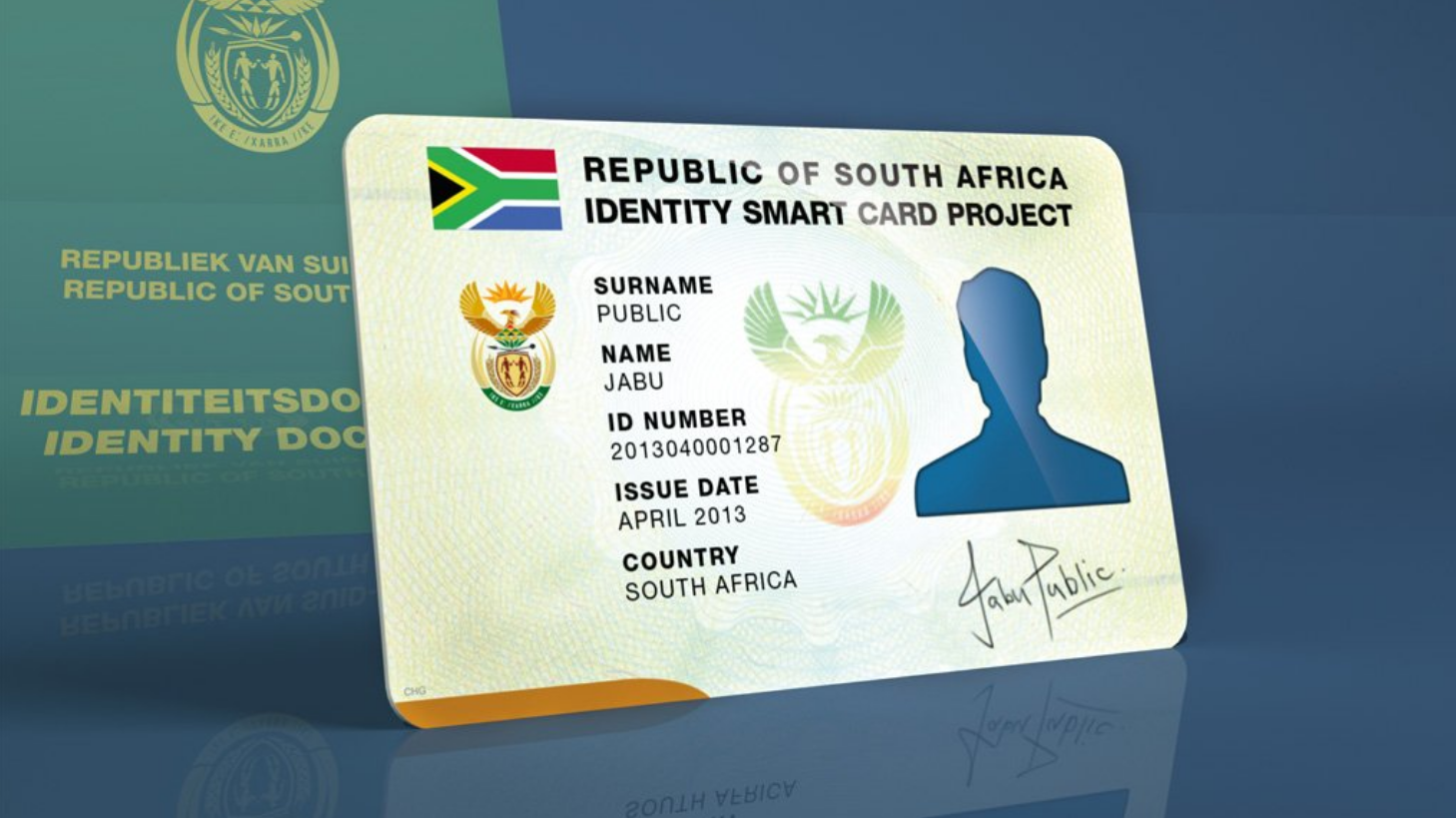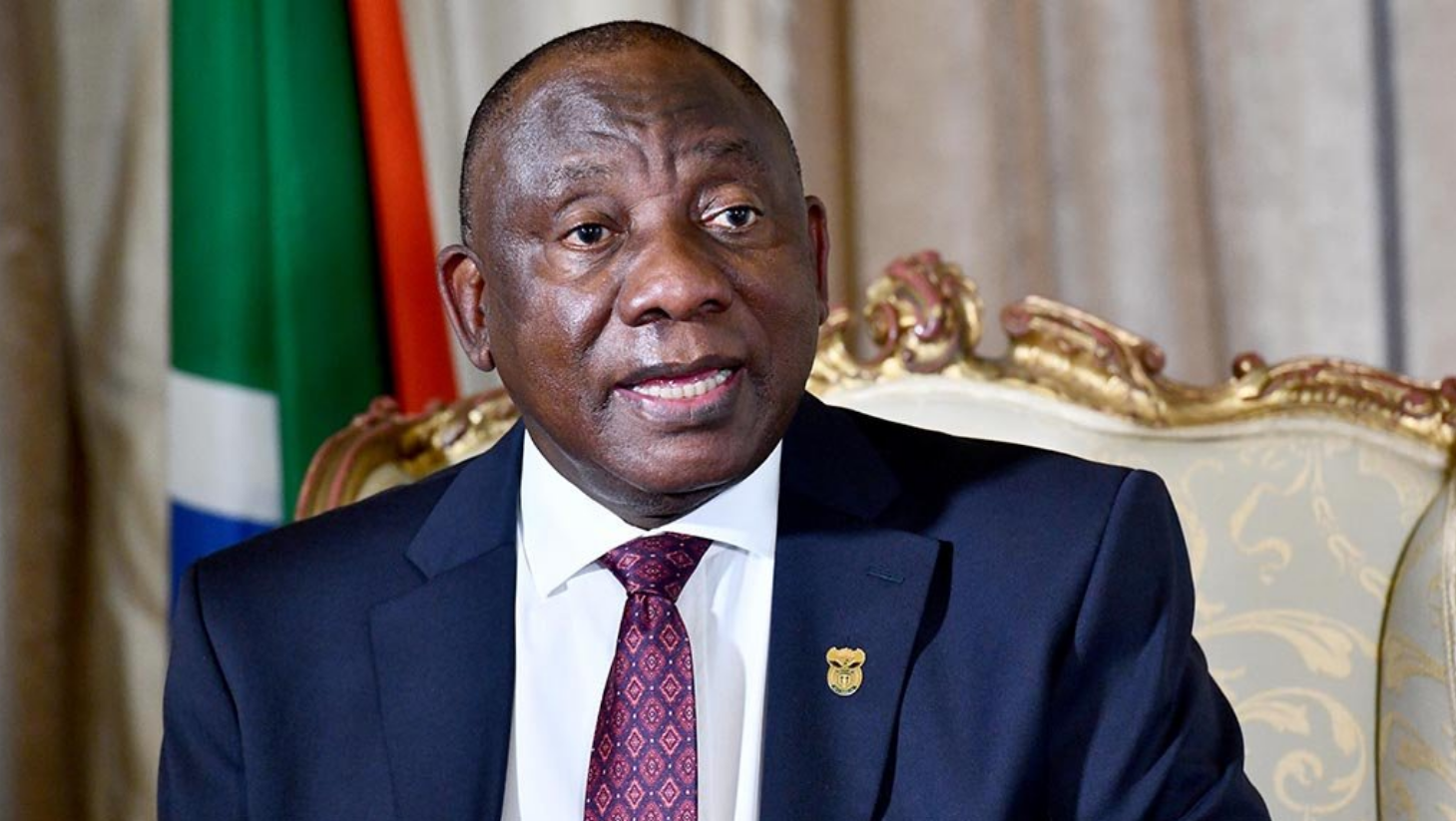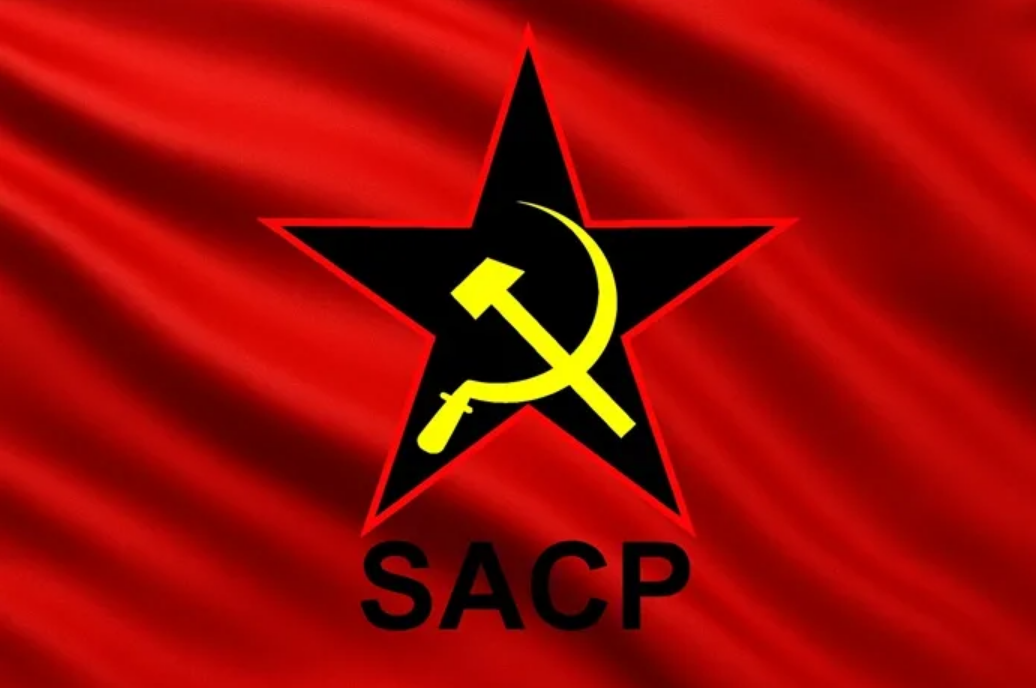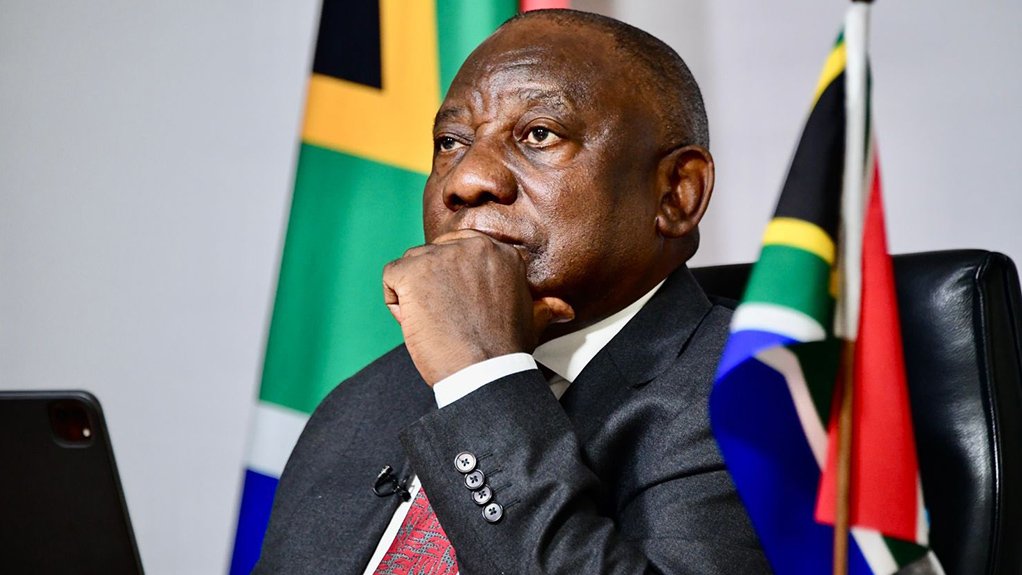Lieutenant General Nhlanhla Mkhwanazi, KwaZulu-Natal Police Commissioner, testifies at the Madlanga Commission about serious allegations of political interference within the SAPS
By Thulane Madalane
Pretoria – The Madlanga Commission of Inquiry, which is investigating allegations of misconduct and corruption within the South African Police Service (SAPS), continues to reveal tensions between law enforcement officials and political leaders. Recent testimonies from KwaZulu-Natal Police Commissioner Lieutenant General Nhlanhla Mkhwanazi and National Police Commissioner General Fannie Masemola have highlighted instances of interference and breaches of protocol within the police force.
During his testimony, Mkhwanazi discussed the precarious position of the Priority Crime Tactical Team (PKTT), stating that it faces potential disbandment due to factions within the state apparatus. He referred to a media briefing held on July 6, where he expressed his displeasure with the conduct of Members of Parliament, specifically Dianne Kohler Barnard and Fadiel Adams. Mkhwanazi accused Kohler Barnard of abusing her position by interfering with Crime Intelligence activities and claimed that Adams accessed sensitive information without authorization. Both MPs have denied these allegations, but they are scheduled to present their defense in the upcoming phase of the hearings.
Mkhwanazi also detailed communications with Vusimuzi “Cat” Matlala and businessman Brown Mogotsi. He stated that Mogotsi had contacted him via WhatsApp concerning a smear campaign against him. Mogotsi provided police documents that should not have been accessible to civilians, raising concerns about the potential misuse of sensitive police information. Mkhwanazi further indicated that Mogotsi’s comments suggested high-ranking officials were discussing matters that he, as a civilian, should not be privy to. He inferred that Police Minister Senzo Mchunu had shared excessive information with Mogotsi, indicating undue influence over the minister.
“We are fighting for the very existence of the PKTT against forces within the state apparatus,” Mkhwanazi stated during his testimony, underscoring the challenges faced by the unit.
General Fannie Masemola’s testimony on Monday and Tuesday temphasized the strained relationship between the SAPS and political leadership. He described Minister Mchunu’s actions as “a total encroachment,” cautioning that they violate Section 207 of the South African Constitution, which ensures operational independence for the police. Masemola expressed concern about the lack of communication regarding the PKTT’s supposed disbandment, noting he had learned of it through WhatsApp while on leave. He defended the unit’s operations and questioned the reliability of the information that informed Mchunu’s decisions, raising issues of transparency and accountability.
“While the minister can set national policing objectives, operational decisions must rest with law enforcement leaders to maintain integrity and effectiveness,” Masemola emphasized during his testimony.
The Madlanga Commission serves as a crucial examination of the relationship between politics and policing in South Africa. The testimonies of Mkhwanazi and Masemola bring to light serious allegations of misconduct, unauthorized access to sensitive information, and the erosion of police independence due to political interference. As the commission progresses, its findings will play a significant role in shaping the future of the SAPS and in restoring public trust in law enforcement.






